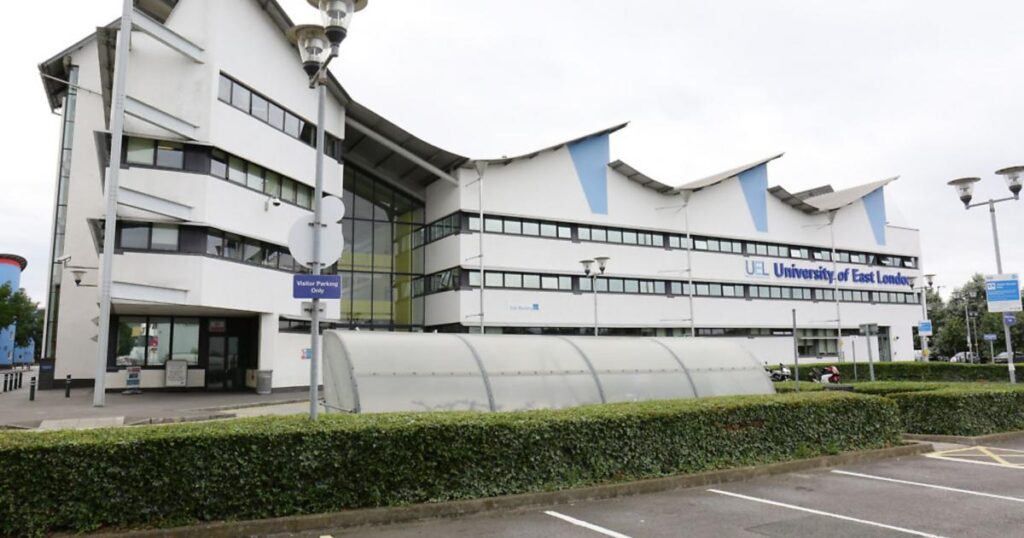UEL is now one of only five institutions in the UK to receive this honour.
The university joined the network after being endorsed by the British Olympic Association.
This membership is expected to provide new national and international opportunities for both students and academics at UEL.
Olympic studies are already a key part of UEL’s academic life.
Students across several courses study Olympic-related content.
These include sports and exercise science in the School of Health, Sport and Bioscience, sports journalism in the School of Arts and Creative Industries, and sports management in the Royal Docks School of Business and Law.
Research into the Olympic movement and its wider impact is also active at UEL.
For example, Dr Nadia Grubnic has looked at how three east London boroughs—Newham, Hackney, and Barking & Dagenham—politically responded to the London 2012 Olympic and Paralympic Games.
UEL also houses the British Olympic Association archive collection.
This archive, kept at the UEL Docklands Library, documents the history of Team GB since 1906 and the development of the Olympic movement in the United Kingdom.
Dr Andy Galbraith, associate professor in exercise physiology, said: “East London and the University of East London have a strong connection with the Olympics.
“This recognition by the International Olympic Committee is a fantastic opportunity for UEL to continue this legacy, fostering enhanced opportunities for Olympic related teaching, community outreach and research.”
Krishna Roy-Chowdhury, associate director of content and digital environments, library, archives and learning services, said: “Our goal is to make the British Olympic archive discoverable and accessible through research and community engagement.
“We welcome researchers to engage with the collection and create more research and educational resources.
“We want to engage global communities with our Olympic heritage and emphasise how sports have a positive effect on physical and mental health on all age groups”.”
UEL’s recognition comes as it celebrates 2025 as the Year of Health, focusing on tackling health inequalities.
The university, based in Newham, aims to create a healthier and fairer future for east London and further afield through investment and partnerships.




